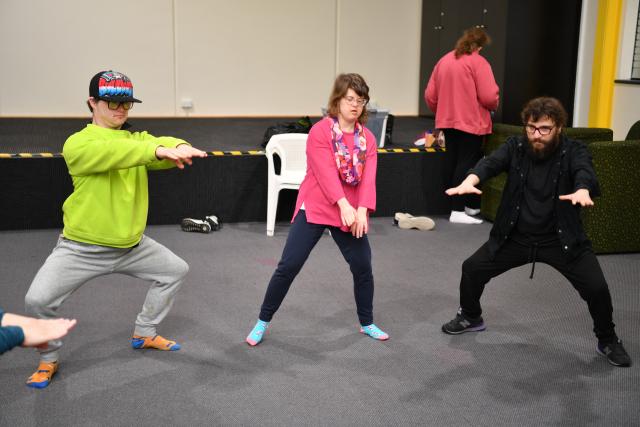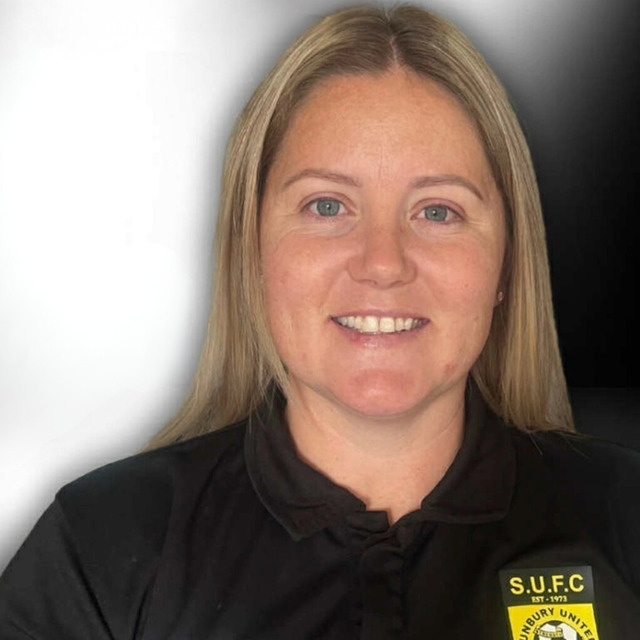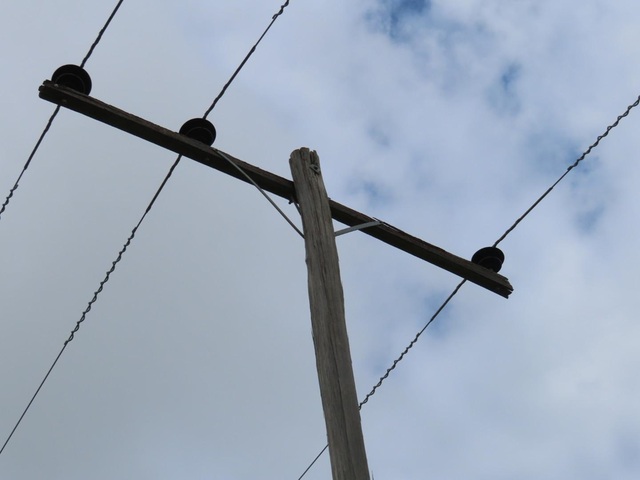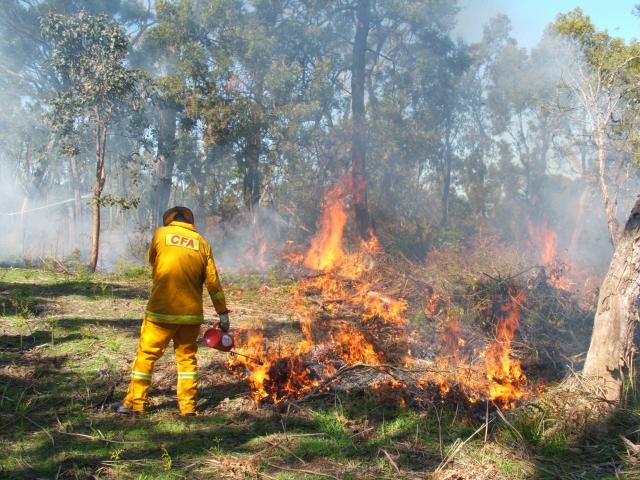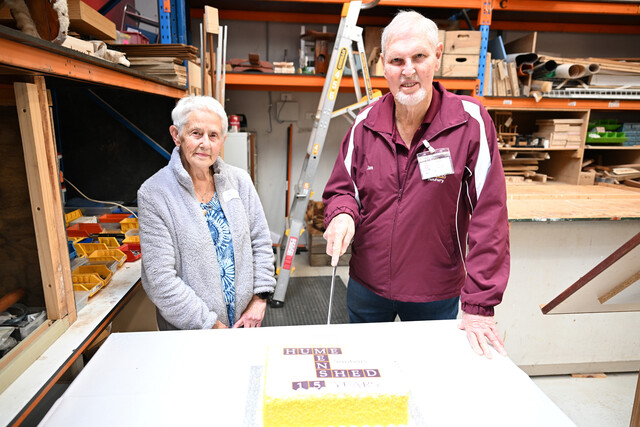A Sunbury-based inclusive theatre company, with the help of Monash University, is continuing to break down accessibility barriers by using interactive sound technology in its upcoming performance.
BoilOver is a program run by Sunbury and Cobaw Community Health for anyone over the age of 18 who has an interest in the performing arts, and can be accessed through an NDIS plan.
Creative producer Carmen Maddison said the company will perform a production called ‘The Birds’ at the Melbourne Fringe Festival in October.
“We are doing a roaming performance at the Abbotsford Convent,” Ms Maddison said. “This work is a new challenge for us because we have never done street performance before.
“We’ve been working with Monash University with their accessible sound devices which are called AirSticks… [and] we are using interactive sound technology [in the performance].
“We will have [it] attached to our bodies and… when you move your body it will trigger sound, so we will be triggering bird calls.
“It will bring a new dimension to the performance.”
Ms Maddison said the performers will also use in-ear monitoring technology, which was inspired by a performer who has a cochlear implant.
“When we do performances I… [can] speak into his cochlear while we’re live on stage. So this is taking it a step further.
“[The technology] makes it more accessible… [and it gives them] an opportunity to work with really advanced artificial technology to enhance their own performance.
“The in-ear monitoring is absolutely amazing as a director and also for people who need to feel a bit more supported in the space.
“The potential to direct live or give support or experiment with performance will open a lot of doors for the way we work in the future as well.”
Ms Maddison said this creative development has been funded by an Australia Council of the Arts grant last year.
“Without that sort of funding the things that we can do are more limited,” she said. “Having funding means we can work with artists that come in and [use] different technology.”

